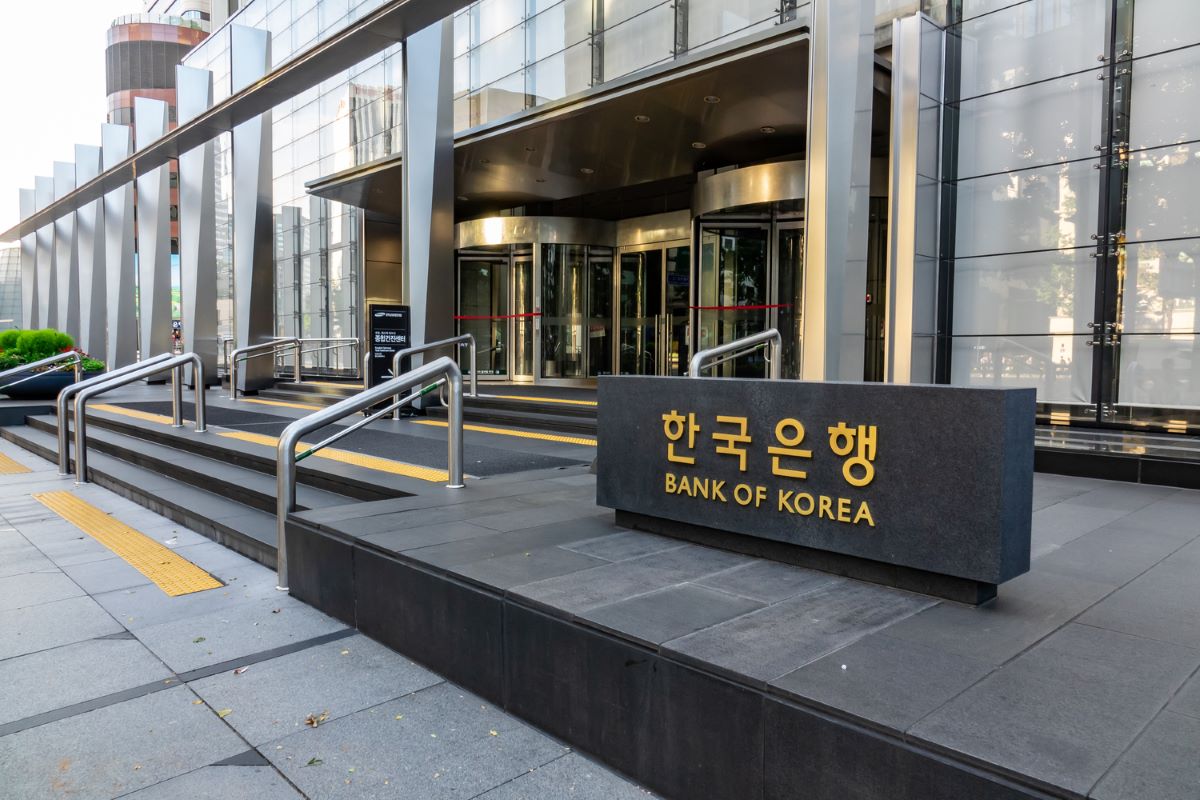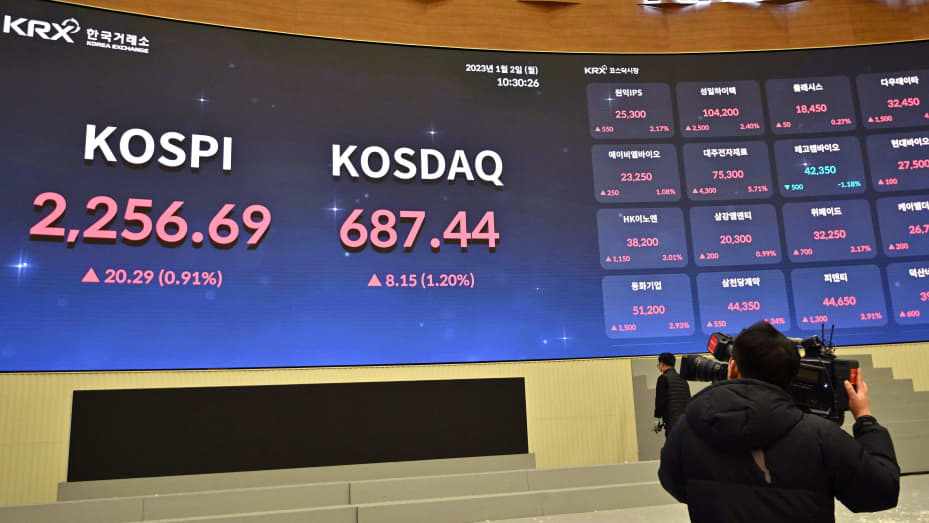As South Korea aims to boost the international standing of its financial markets, it grapples with the challenge of easing stringent currency controls, a longstanding concern for investors and traders in the nation.
Despite being considered one of the world’s most advanced economies by various measures, South Korea remains classified as an emerging market, largely due to its management of the currency.
Efforts are underway to make the won more globally accessible, with foreign exchange regulators contemplating incremental measures like extending trading hours. However, the specter of past foreign exchange crises looms large, casting a shadow over reform efforts.

The current landscape of intricate regulations governing cross-border transactions, daily reporting obligations, and brokerage rules pose significant hurdles for businesses and market participants.
Bongju Kang, a chief financial manager at a small plastic materials exporter, highlighted the potential benefits of expanded FX market hours in facilitating better currency planning and negotiation.
Presently, businesses often negotiate exchange rates with local banks promptly upon receiving favorable quotes or well in advance, particularly for substantial transactions.

The stringent FX controls contribute to what is known as the “Korea Discount,” reflecting the underperformance of local stocks on a global scale.
While acknowledging the need for robust market surveillance to avert destabilizing currency fluctuations, regulators emphasize the importance of maintaining vigilance, particularly during periods of market volatility.
Shin Joong-beom, head of the Finance Ministry’s International Finance Bureau, reaffirmed the commitment of regulators to uphold existing monitoring mechanisms and swiftly address any disruptive market behavior that may arise.






Leave a Reply